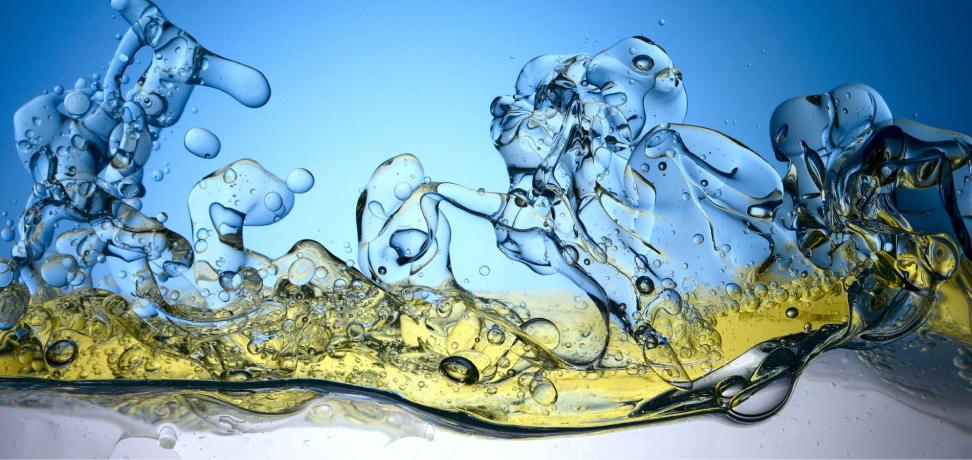In the realm of vital resources, water reigns supreme. It sustains life, fuels industries, and quenches the thirst of civilizations. However, the journey from natural reservoirs to our taps is a complex one, involving intricate processes collectively known as water extraction. Let’s delve into this critical aspect of water management, exploring its methods, challenges, and significance.
Understanding Water Extraction: A Primer
Water extraction encompasses the diverse techniques employed to procure water from its natural sources, such as rivers, lakes, underground aquifers, and even the ocean. This process is indispensable for meeting the demands of agriculture, urban populations, and industrial activities worldwide.
Traditional Methods: Tapping into Nature’s Reserves
Historically, civilizations relied on rudimentary methods like well-digging and surface water collection. These techniques evolved over time, with innovations such as aqueducts and waterwheels facilitating the movement and extraction of water across distances.
Modern Marvels: Technological Advancements
In the contemporary era, technological advancements have revolutionized water extraction. Pumping stations, desalination plants, and irrigation systems are just a few examples of modern infrastructure designed to efficiently extract and distribute water to various sectors.
Challenges in Water Extraction: Navigating Complexities
Despite technological progress, water extraction encounters several challenges:
Depletion of Aquifers: Overexploitation of underground aquifers leads to their depletion, threatening water security and causing land subsidence.
Environmental Impacts: Extraction activities can disrupt ecosystems, alter natural flow patterns, and harm aquatic biodiversity.
Energy Consumption: Many extraction methods require significant energy inputs, contributing to carbon emissions and exacerbating climate change.
Water Quality Concerns: Contaminants like pollutants and salt intrusion pose challenges to extracting clean, potable water, especially in coastal regions.
Regulatory Frameworks: Effective management of water resources necessitates robust regulatory frameworks to ensure equitable distribution and sustainable usage.
Significance of Water Extraction: Sustaining Life and Development
Despite the challenges, water extraction remains indispensable for numerous reasons:
Human Survival: Access to clean water is fundamental for human health, sanitation, and hygiene, making water extraction a cornerstone of public health initiatives.
Agricultural Productivity: Irrigation systems enabled by water extraction play a pivotal role in ensuring food security and supporting agricultural livelihoods.
Industrial Processes: Water extraction fuels industrial activities, from manufacturing and energy production to mineral extraction and chemical processing.
Urbanization: Growing urban populations rely on water extraction to meet domestic, commercial, and industrial demands, driving the development of urban infrastructure.
Climate Resilience: Strategic water extraction and management contribute to climate resilience by mitigating the impacts of droughts, floods, and other hydrological extremes.
The Way Forward: Toward Sustainable Water Management
As the global population burgeons and climate change accelerates, the imperative for sustainable water management becomes increasingly urgent. Key strategies include:
Conservation and Efficiency: Promoting water conservation measures and investing in water-efficient technologies can reduce demand and minimize wastage.
Integrated Water Resource Management: Adopting holistic approaches that consider the interconnectedness of water, land, and ecosystems can optimize water allocation and usage.
Innovation and Research: Continued investment in research and innovation is crucial for developing novel extraction technologies, improving water treatment processes, and enhancing resource governance.
Public Awareness and Engagement: Educating the public about the importance of water conservation and fostering community participation in water management initiatives can enhance resilience and promote stewardship.
Conclusion
Water extraction is both a science and an art, intertwining technological ingenuity with ecological stewardship. As we navigate the complexities of water management in the 21st century, a concerted effort toward sustainability, innovation, and equitable access is essential to safeguard this precious resource for generations to come.
Have A Look :-
- How To Make A Public Profile On Snapchat?
- Unblocking Someone on Snapchat: A Simple Guide
- Does Instagram Notify When You Screenshot? A Comprehensive Guide

